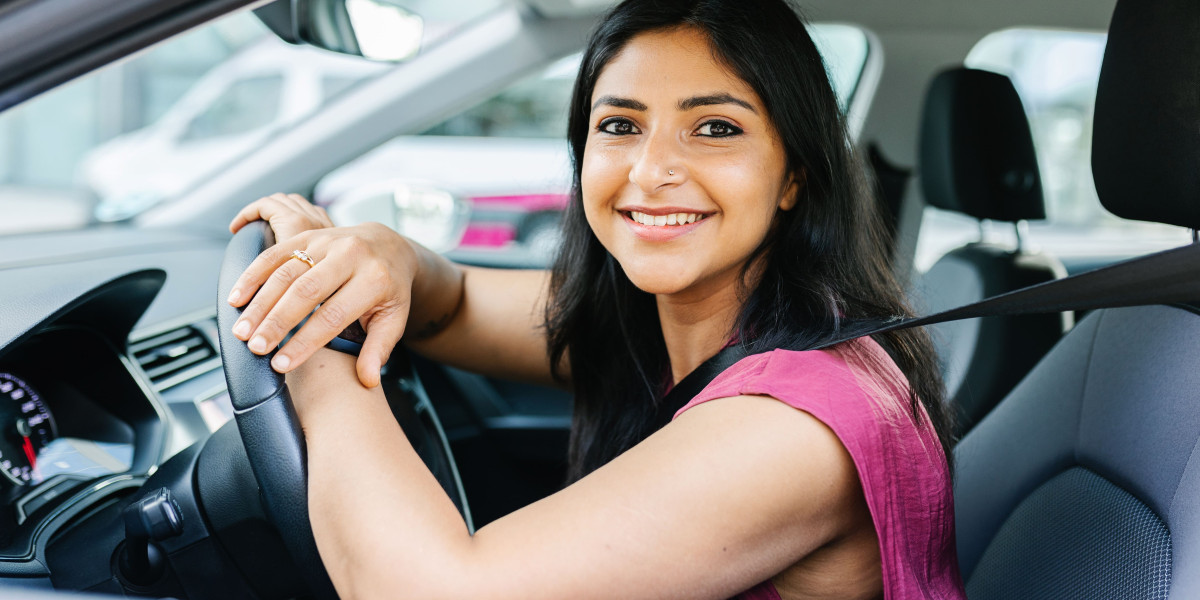Understanding the UK Driver's Licence: A Comprehensive Guide
Getting a driver's licence in the United Kingdom is a significant turning point for many people. It not only represents independence however likewise provides greater flexibility in personal and professional elements of life. This short article intends to provide a comprehensive summary of the UK driver's licence, consisting of how to apply, different kinds of licences, and numerous regulations connected to driving in the UK.
Summary of the UK Driver's Licence
In the UK, a driver's licence is a main document that allows a private to run automobile on public roads. The driving licence system in the UK is structured and regulated by the Driver and Vehicle Licensing Agency (DVLA).
Types of UK Driver's Licences
The UK uses a number of kinds of driving licences, each tailored for different categories of vehicles. These consist of:
Provisional Licence:
- Age Requirement: Minimum of 17 years
- Allows learners to drive under specific conditions.
- Can not drive without a certified driver accompanying them.
Complete Licence:
- Issued when an individual has actually passed both the theory and practical driving tests.
- Different categories readily available based upon vehicle types:
- Category B: Cars
- Classification A: Motorcycles
- Classification C: Large items vehicles
- Category D: Buses
International Driving Permit (IDP):
- Required for driving in some foreign countries.
- Provided to UK licence holders at Post Office branches.
Short-term Licences:
- For people who might have lost their licence or are waiting for updates on their present licence.
The Application Process for a UK Driver's Licence
Requesting a driver's licence in the UK involves numerous steps, whether for a provisional or complete licence. Here are the necessary steps in information:
Step 1: Obtain a Provisional Licence
- Eligibility: Individuals need to be at least 17 years of ages to apply.
- Application: Applications can be made online via the DVLA site or through paper types offered at post offices.
- Files Required:
- Proof of identity (passport or another main ID).
- National Insurance number (if offered).
- A postal address in Great Britain.
Action 2: Study for the Theory Test
- Content: The theory test includes multiple-choice concerns and a threat perception test.
- Preparation: Various resources are available, including online courses, apps, and books that help in preparation.
Action 3: Pass the Theory Test
- The theory test should be cleared before trying the practical driving test.
Step 4: Practical Driving Test
- Learning and Instruction: A person can take driving lessons with a licensed trainer or learn with an authorized accompanying driver.
- Reserving the Test: Once positive in driving capabilities, prospects can book their dry run online.
- Test Components: The dry run evaluates driving skills, maneuvers, and real-world driving conditions.
Step 5: Receiving the Full Licence
- After successfully passing the useful driving test, the DVLA will provide a full driving licence, which permits people to drive individually.
Guidelines and Regulations
Maintaining a valid driving licence in the UK requires adherence to several rules and policies:
- Renewal: Licences should be restored every 10 years. Renewal can be done online or through paper application.
- Points System: The UK uses a penalty points system. Particular traffic offenses lead to points being contributed to a driver's licence, which can lead to serious repercussions if the accumulation exceeds a specific limit.
- Medical Conditions: Drivers must notify the DVLA of any medical condition that could affect their ability to drive.
Typical Challenges in Obtaining a Licence
Acquiring a driver's licence can sometimes be challenging. Here are some common difficulties faced by aiming drivers and ideas on how to tackle them:
- Nervousness During Tests: Many prospects experience stress and anxiety throughout their theory or useful tests. It is suggested to take mock tests or participate in session to develop self-confidence.
- Failure to Pass Tests: If a specific fails their tests, they can retake them after a specific waiting duration. Preparing with additional driving lessons or study products can help in subsequent efforts.
- Comprehending Rules: The intricacies of road rules and guidelines may be frustrating. Enrolling in a reputable driving school can offer clarity and insight into these regulations.
Frequently asked question Section
1. The length of time does it take to get a driving licence in the UK?The timeline differs based upon the person's knowing speed. Usually, achieving a complete licence can take a few months, consisting of finding out time and the waiting period for tests. 2. Can I drive while waiting for my full

licence?You can drive with your provisionary licence if accompanied by a certified driver who is at least 21 years of ages and has actually held a full licence for three or more years. 3. What do I do if I lose my driving licence?You can get a replacementlicence via the DVLA site or through post, supplying required identification and paying the required charge. 4. Just how much does it cost to get a driver's licence in the UK?Costs can differ substantially but typically include application costs , the theory test charge, practical test costs, and driving lessons. Overall, it may total countless pounds, depending on individual scenarios. 5. Exists a minimum number of lessons I should take?There is no main minimum number of lessons mandated. Nevertheless, taking lessons up until you feel great is suggested. Obtaining a driver's licence in the UK is a satisfying process that opens the door to movement and freedom. By comprehending the steps included, the kinds of licences readily available, and the regulations governing driving, prospective drivers can navigate the system successfully. Whether one is a student or a skilled driver, remaining notified on the most recent regulations and finest practices is essential to ensure safe and accountable driving within the UK.







